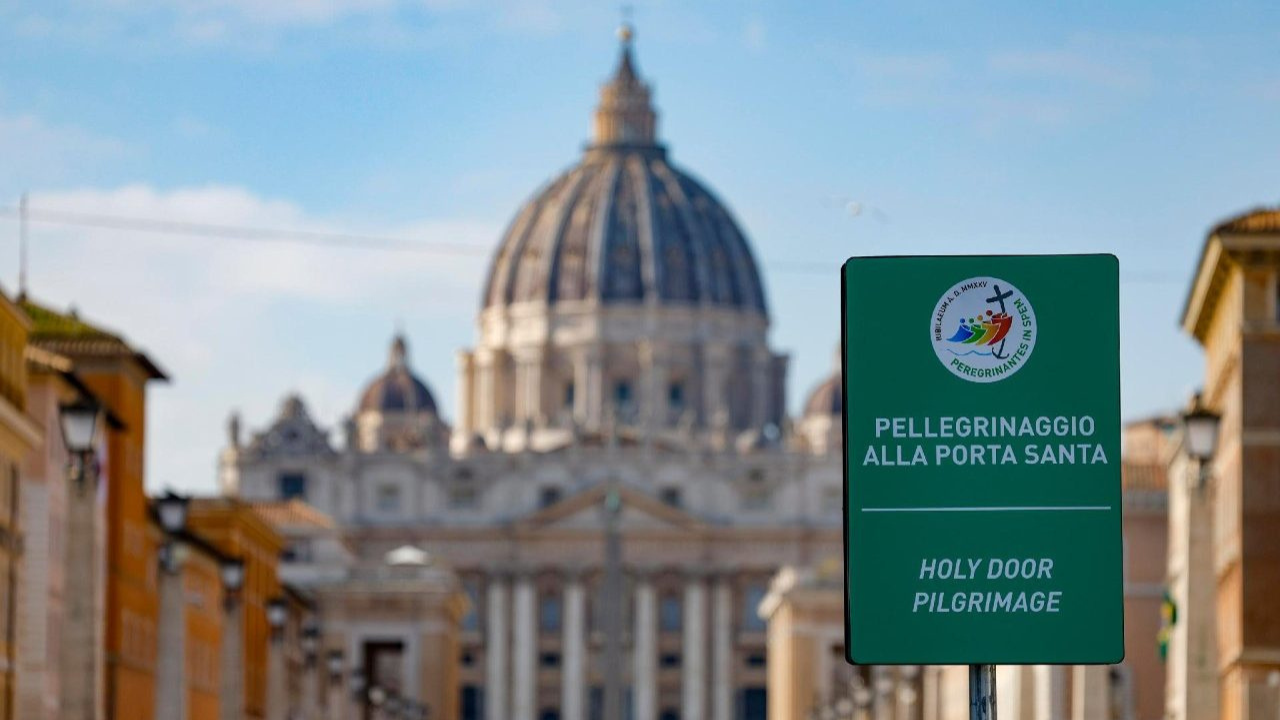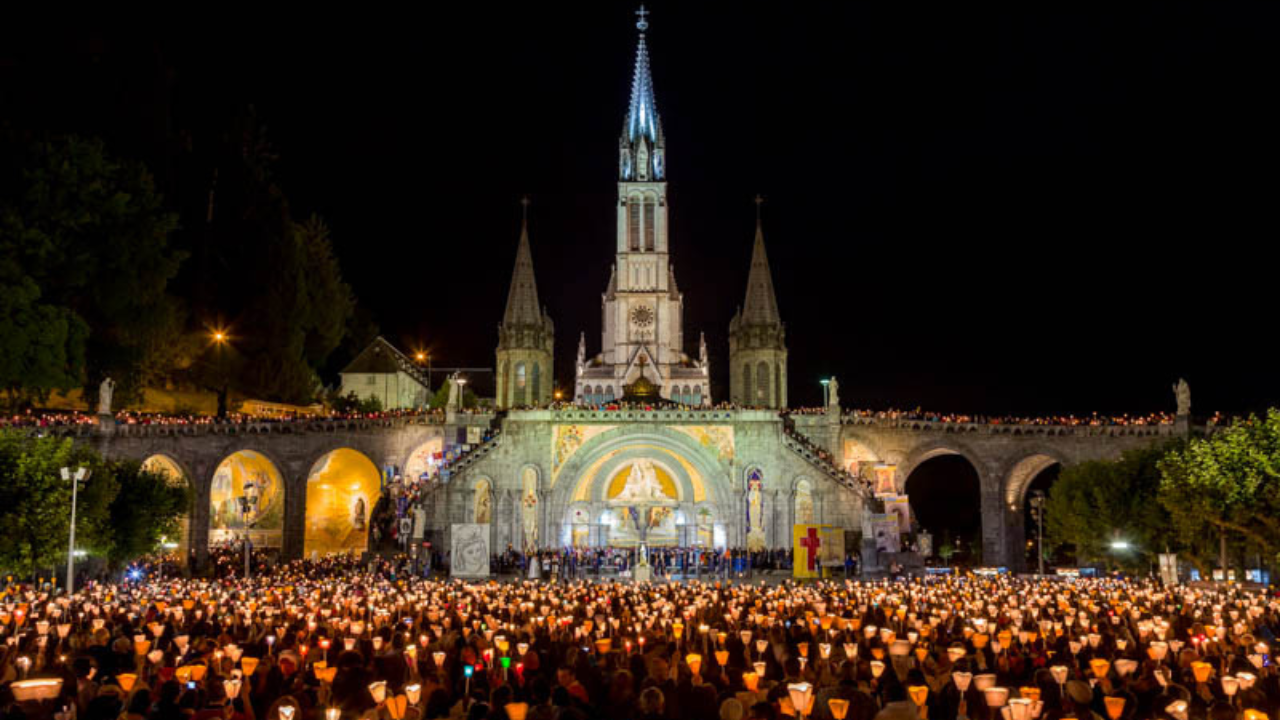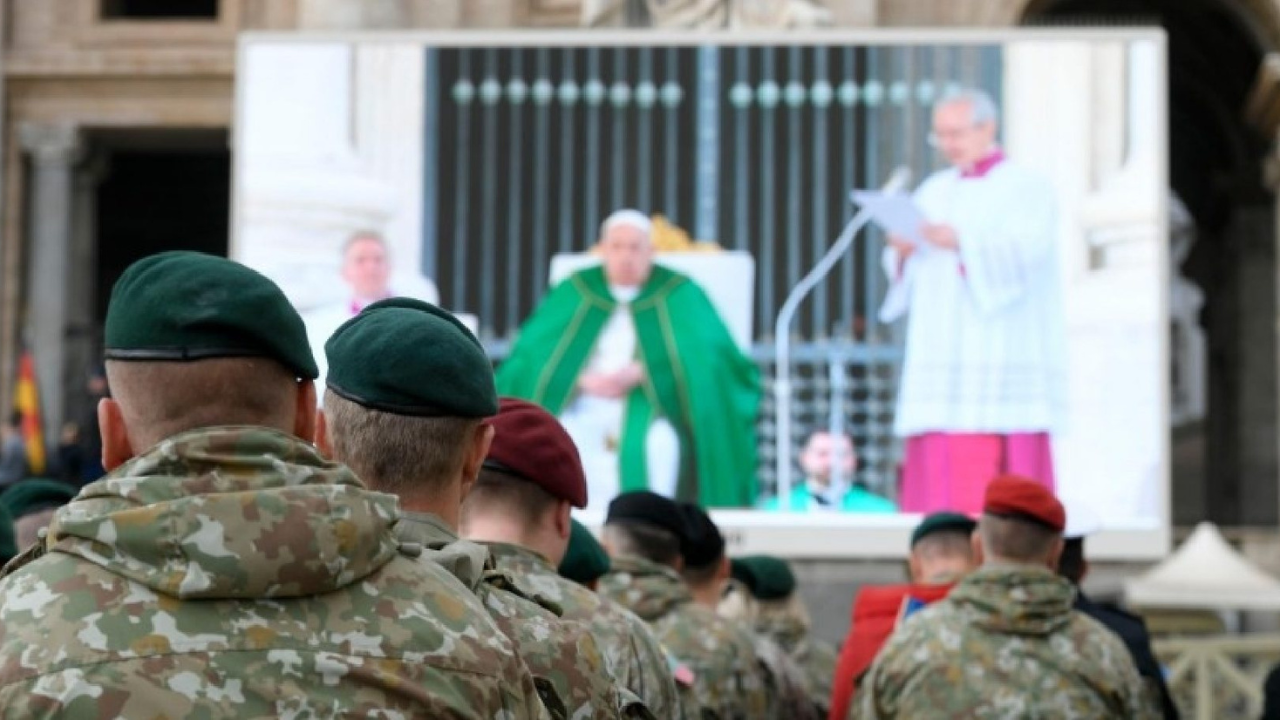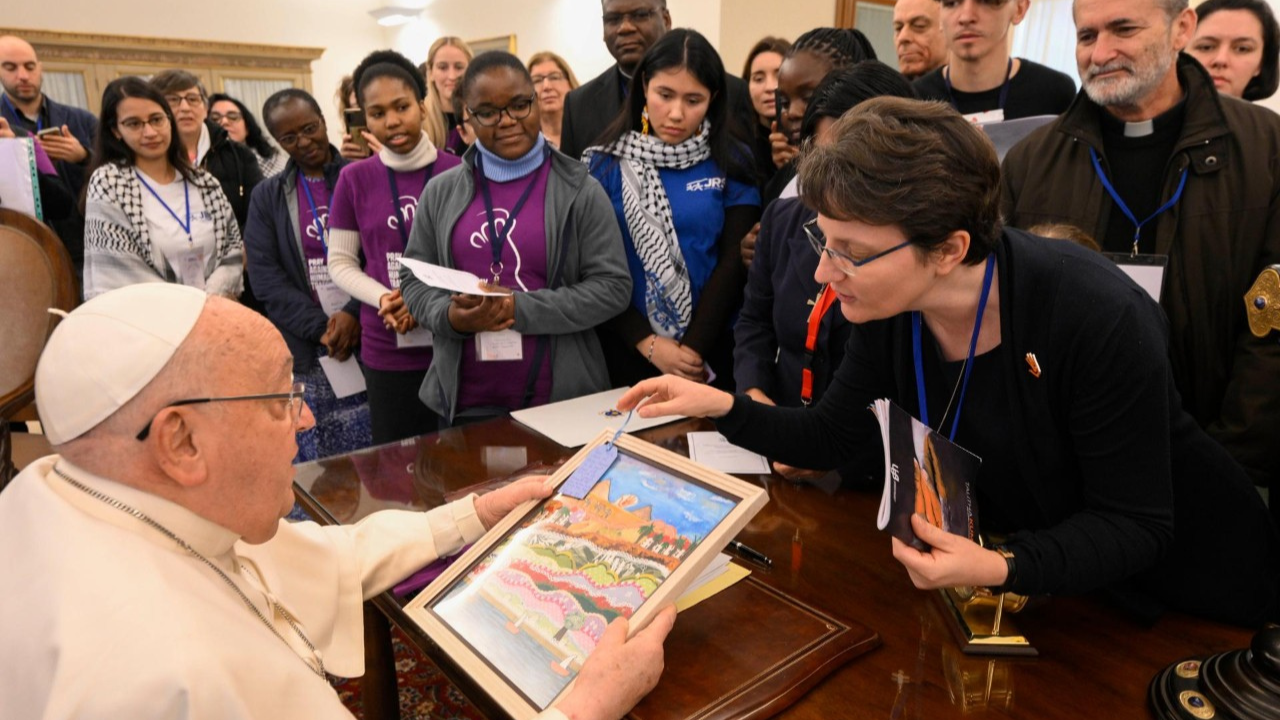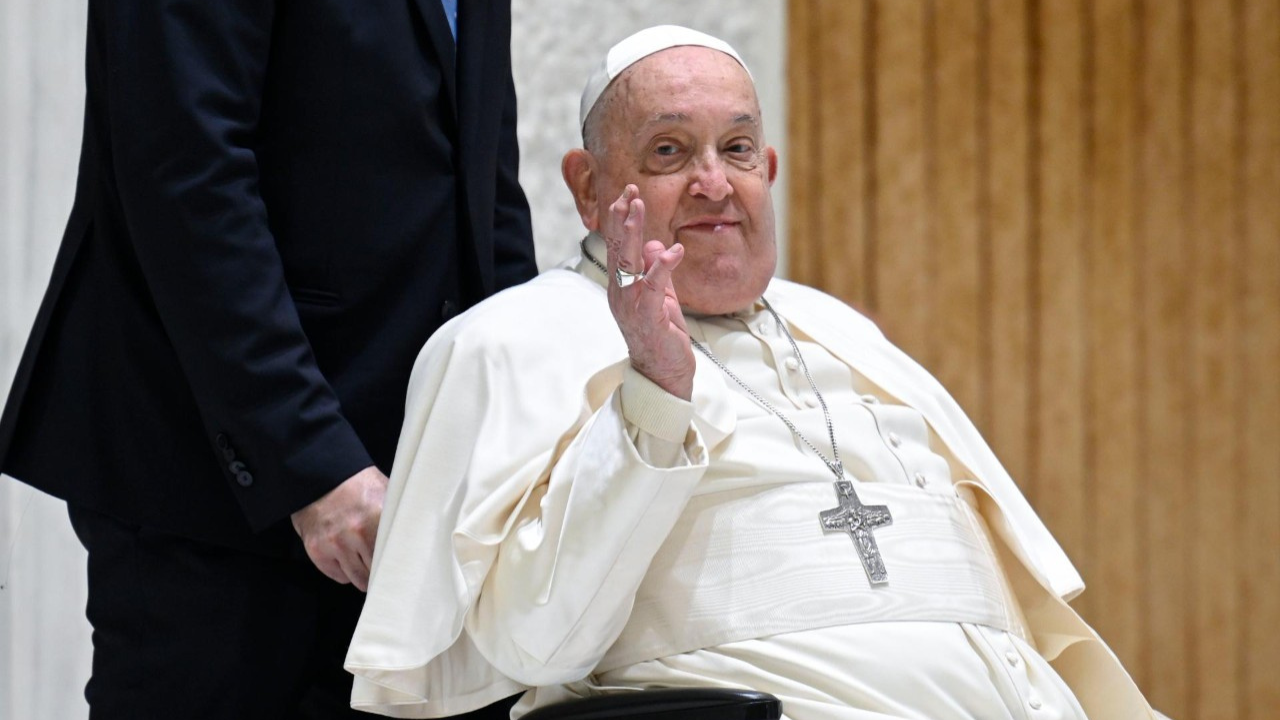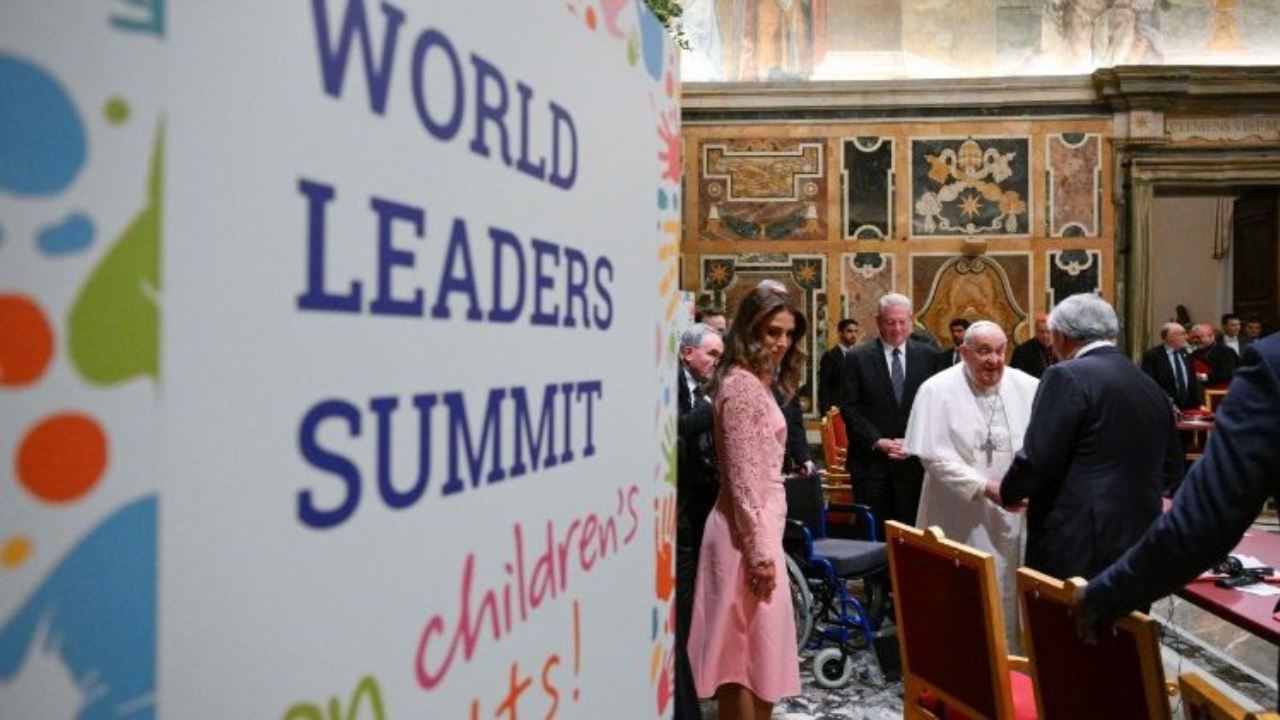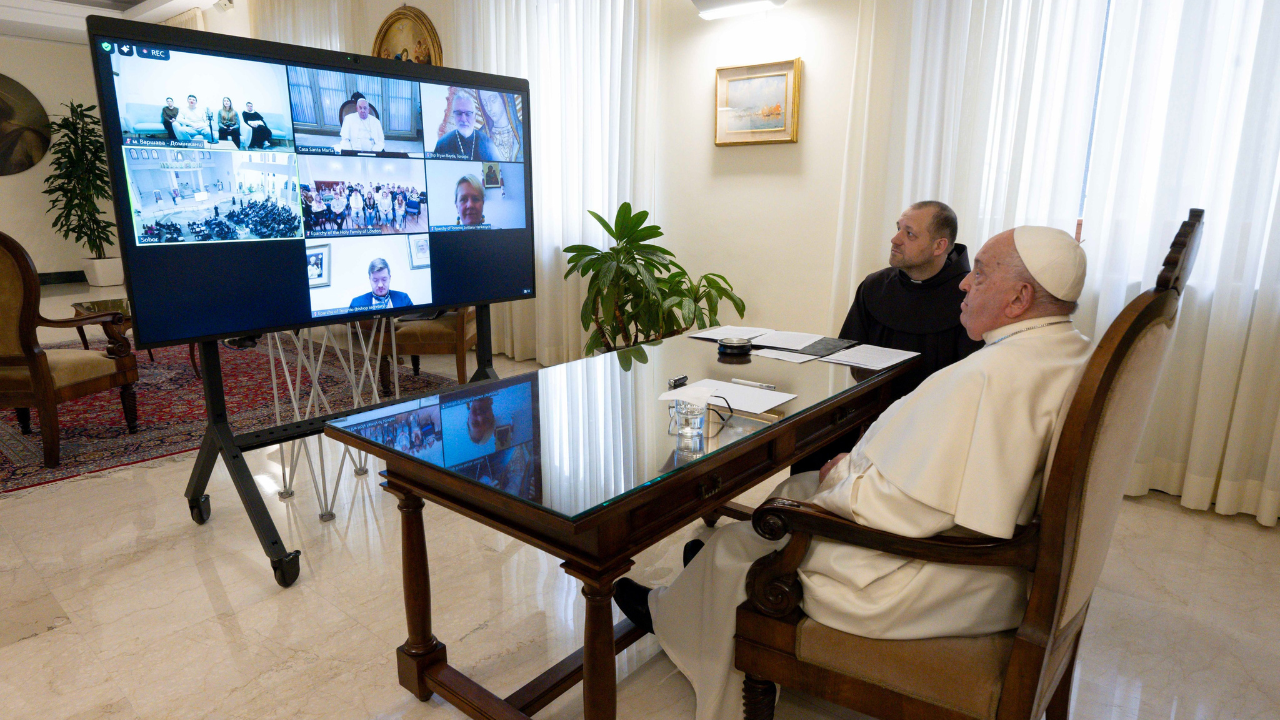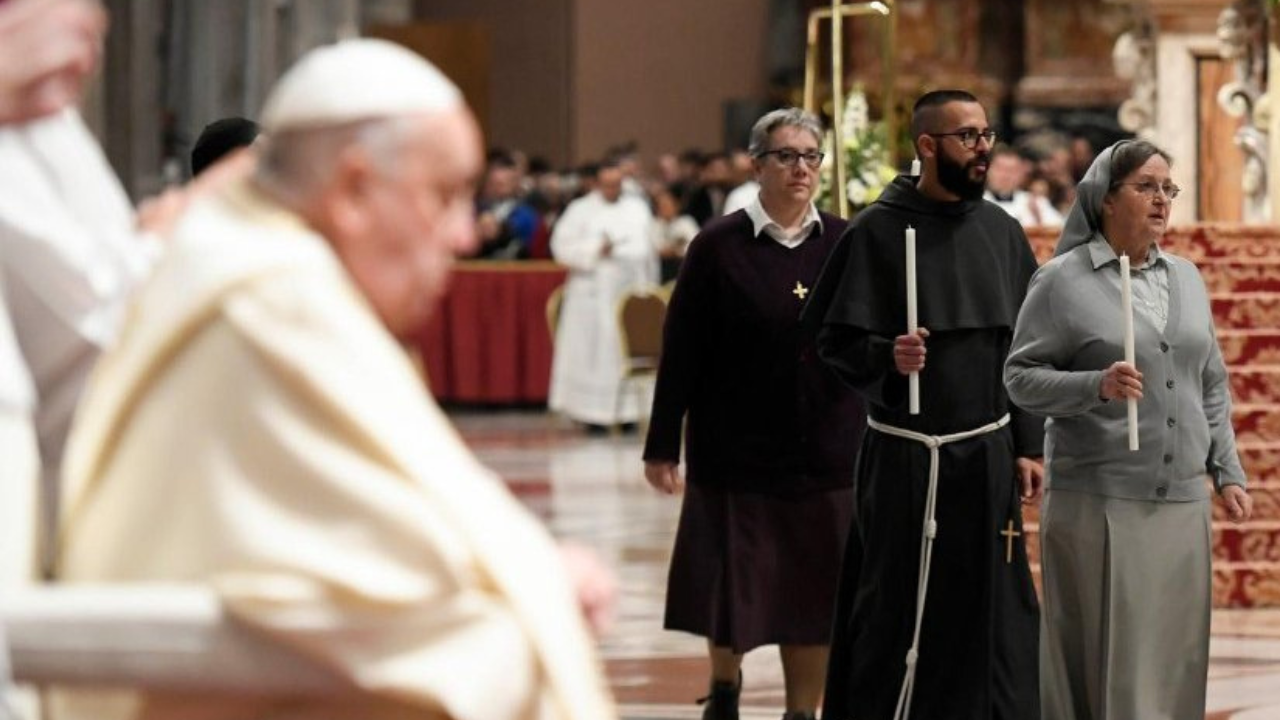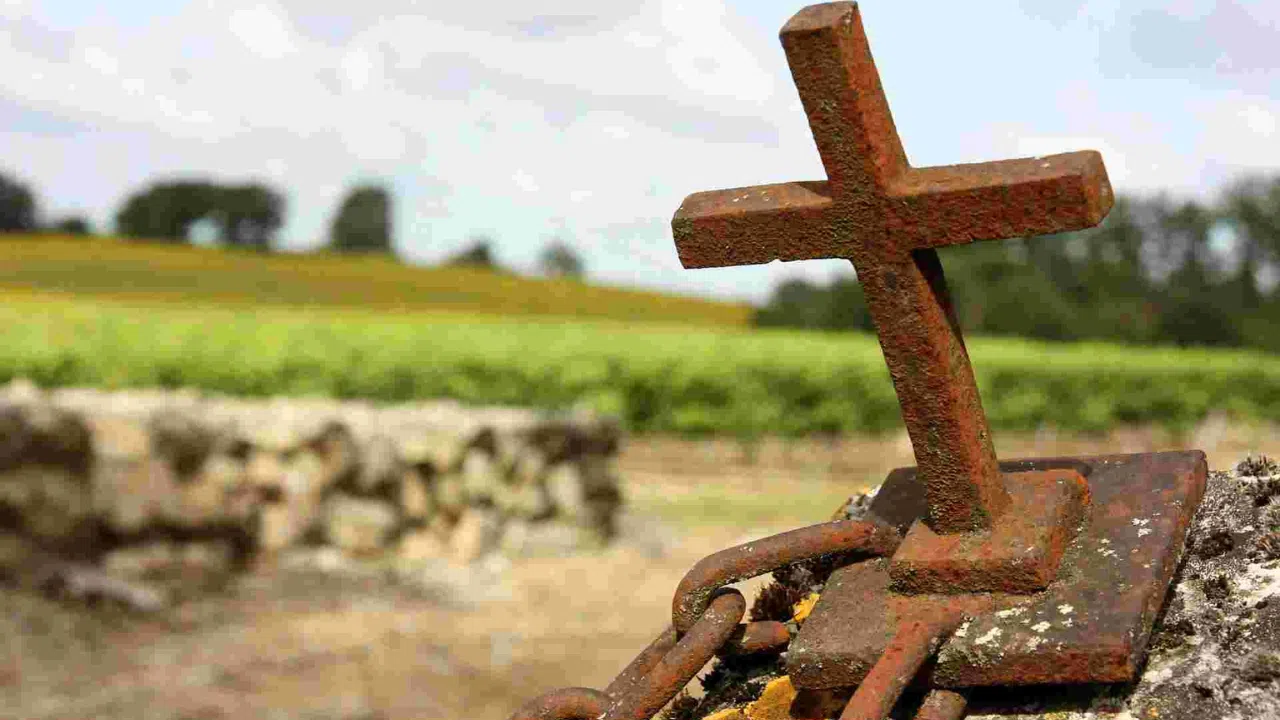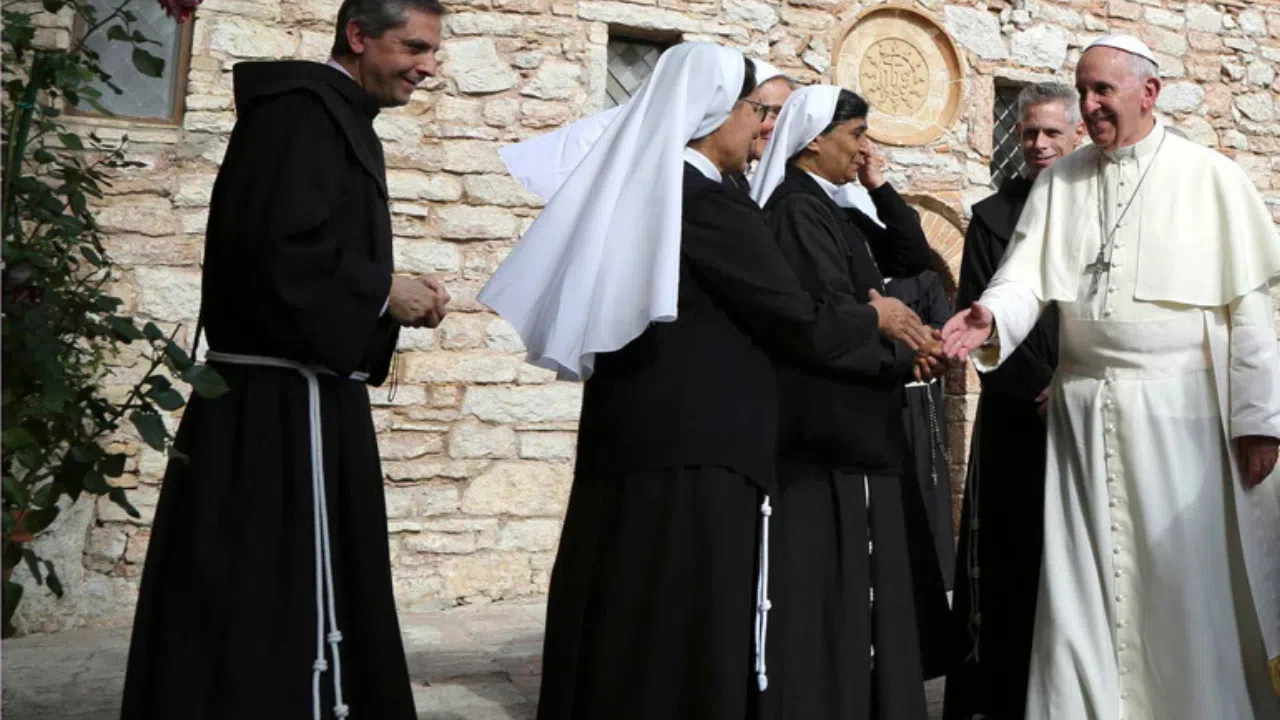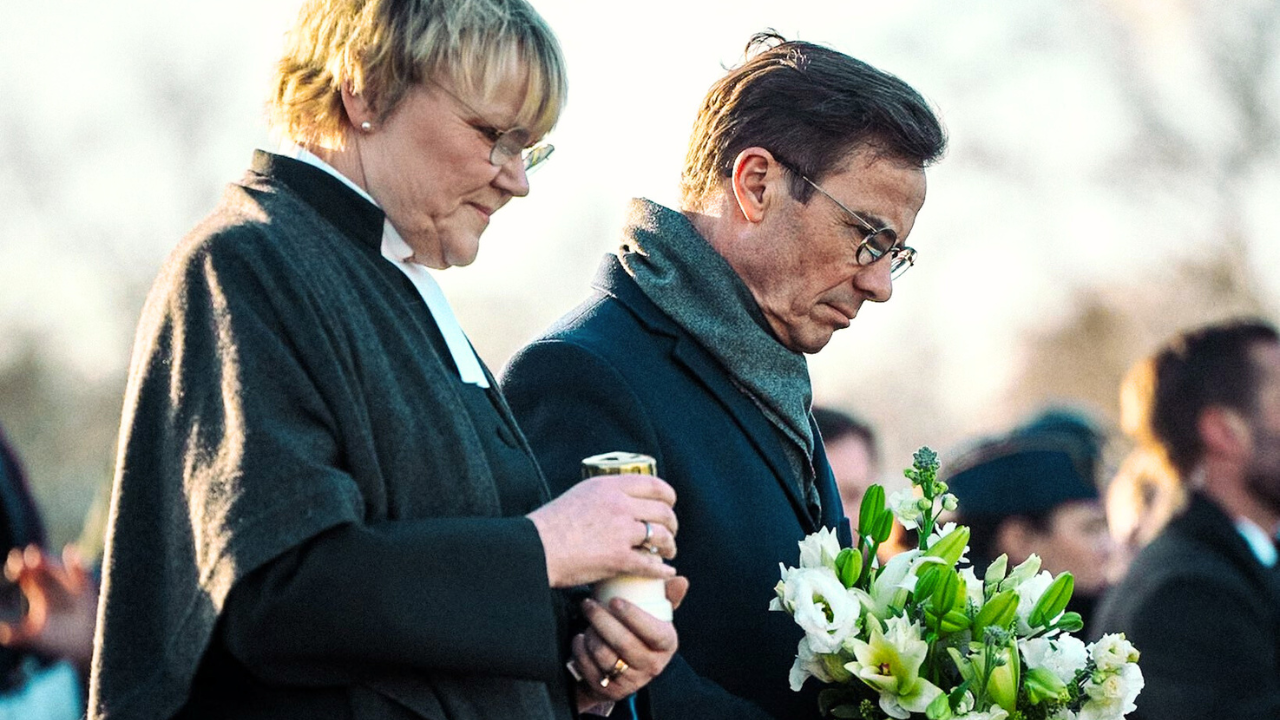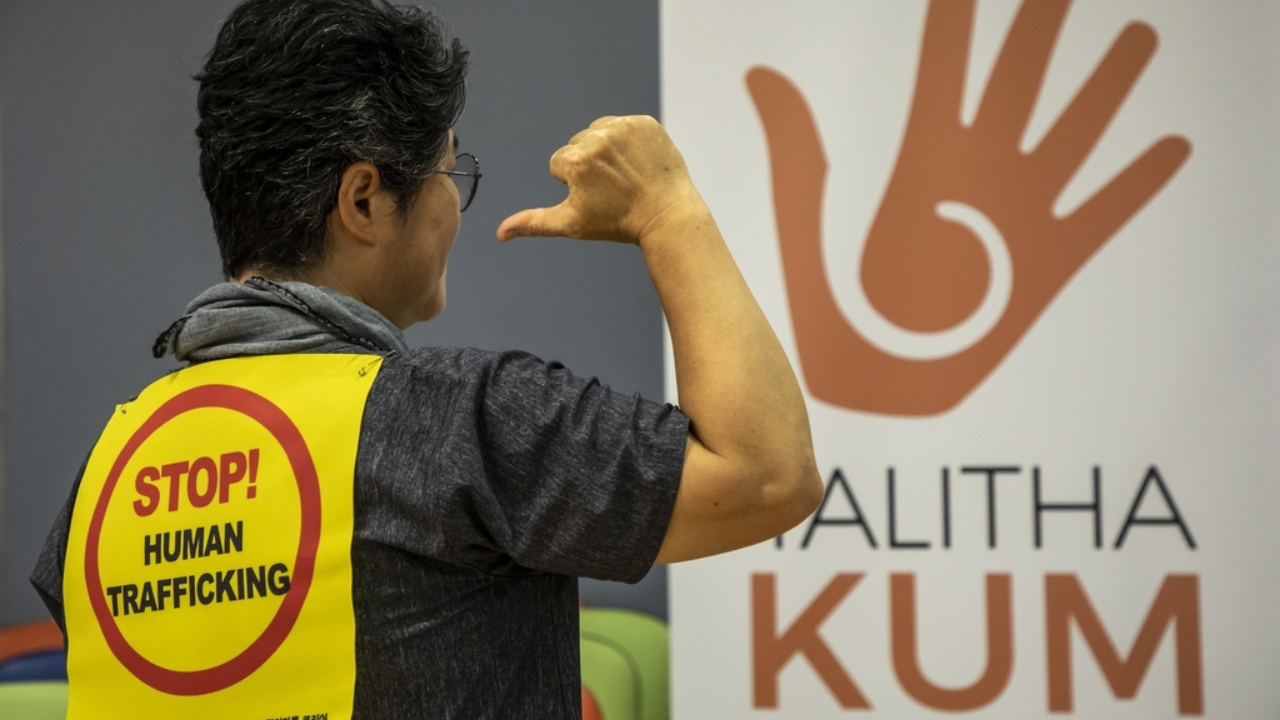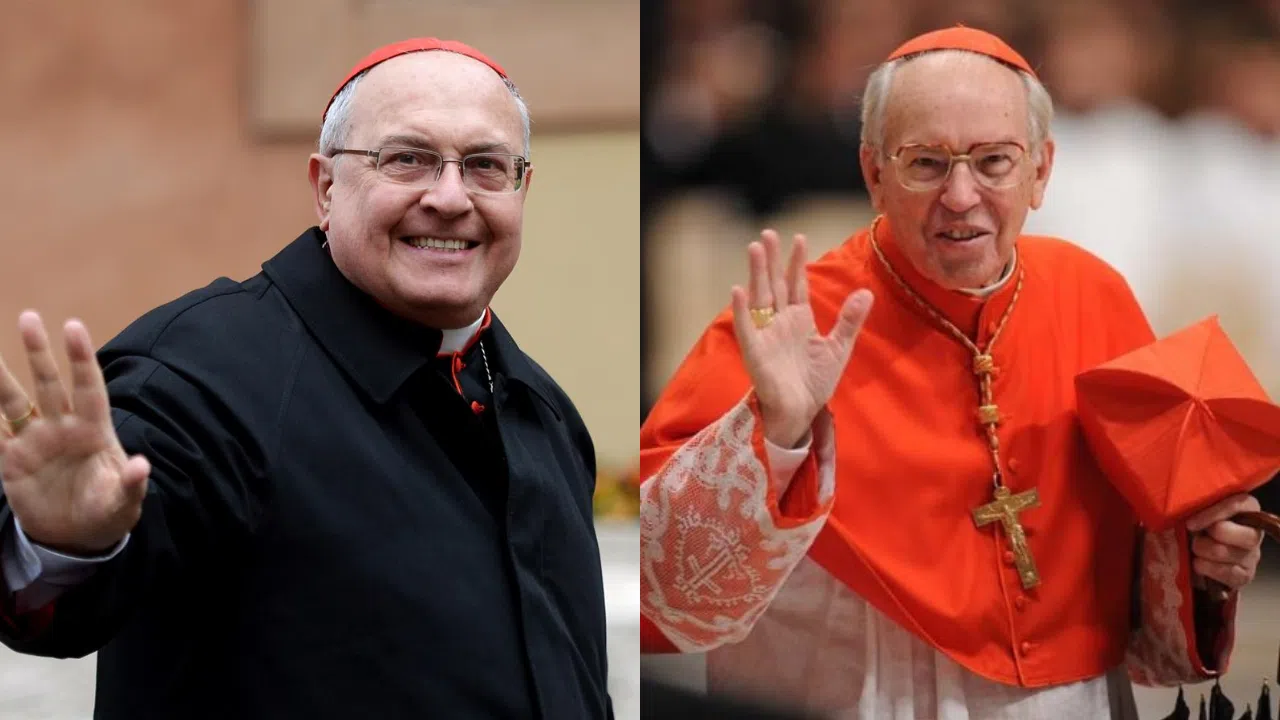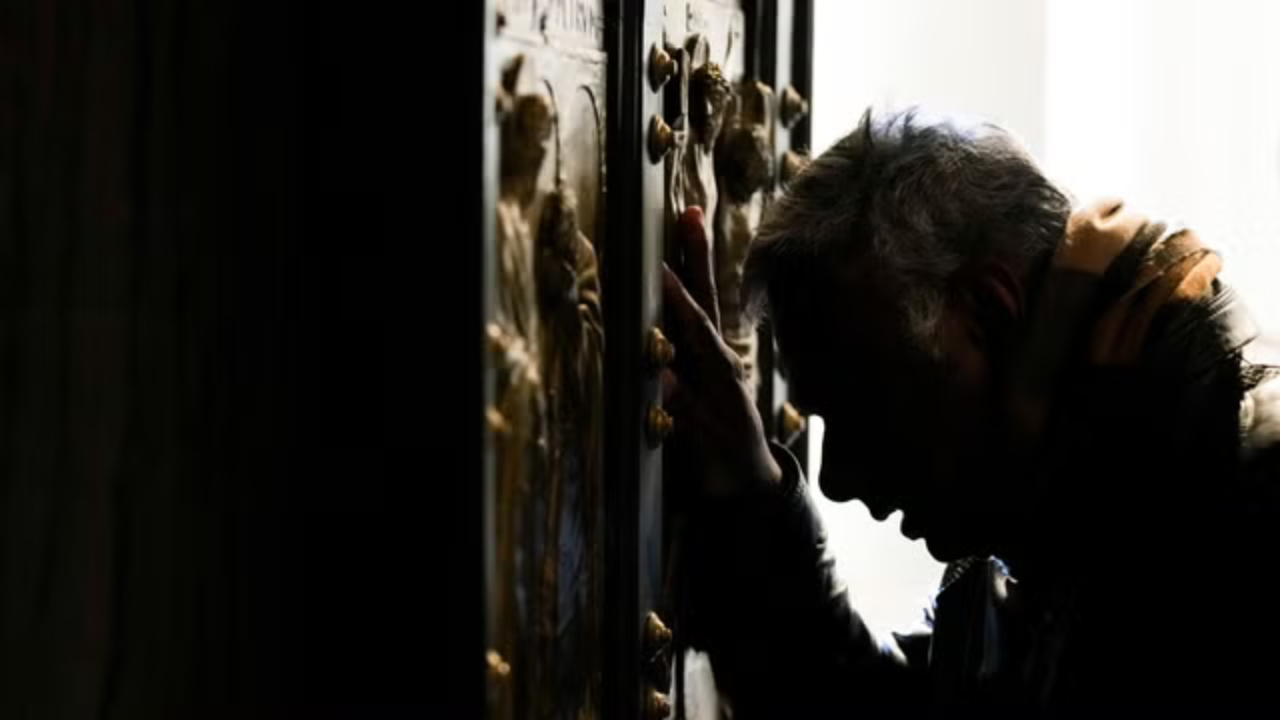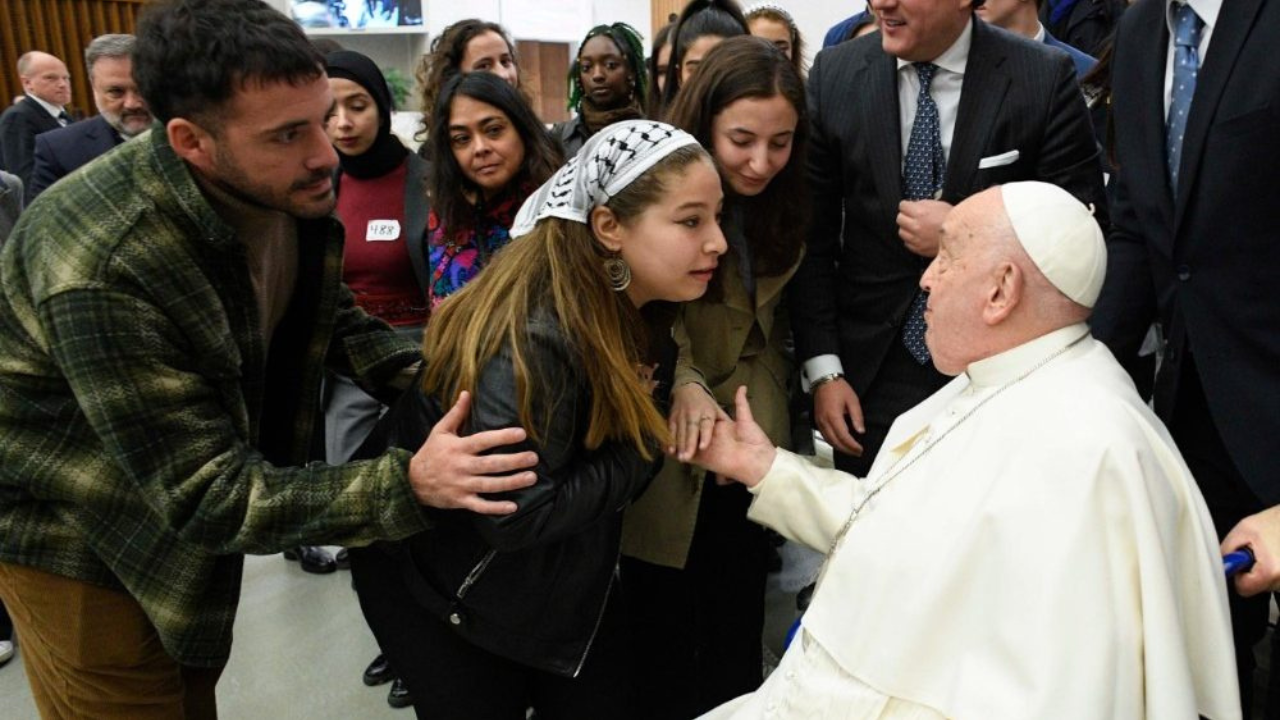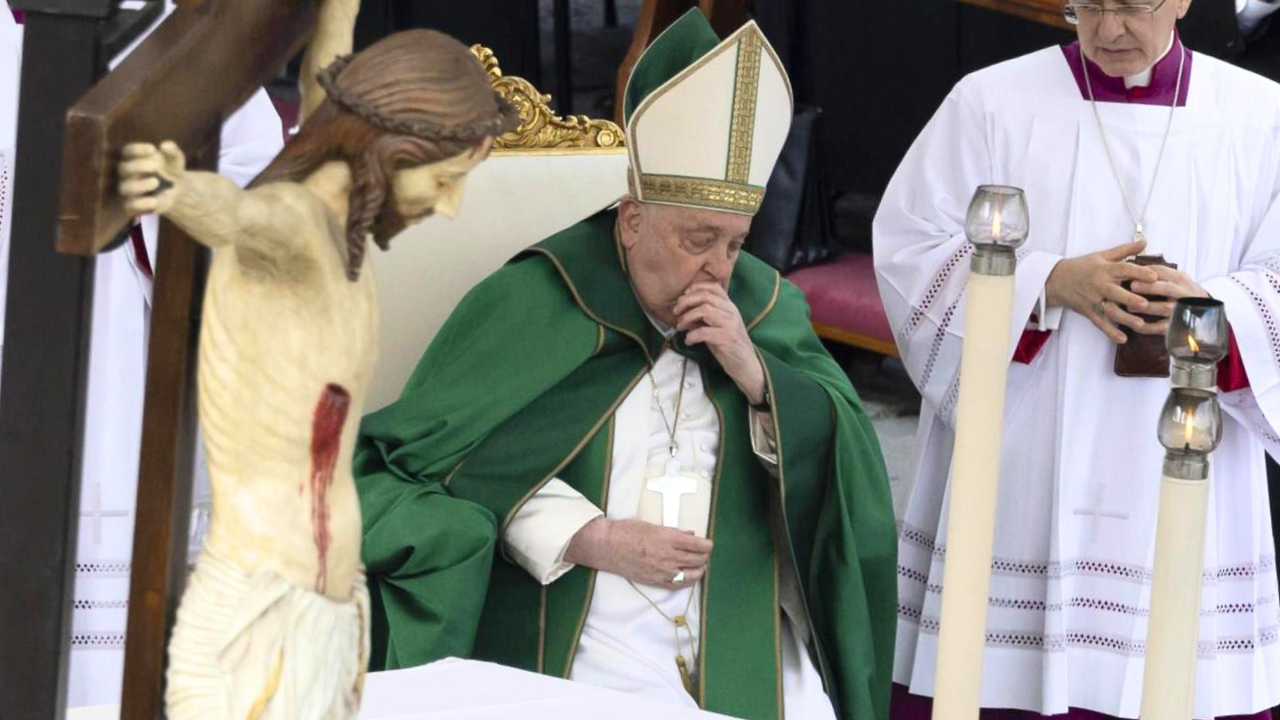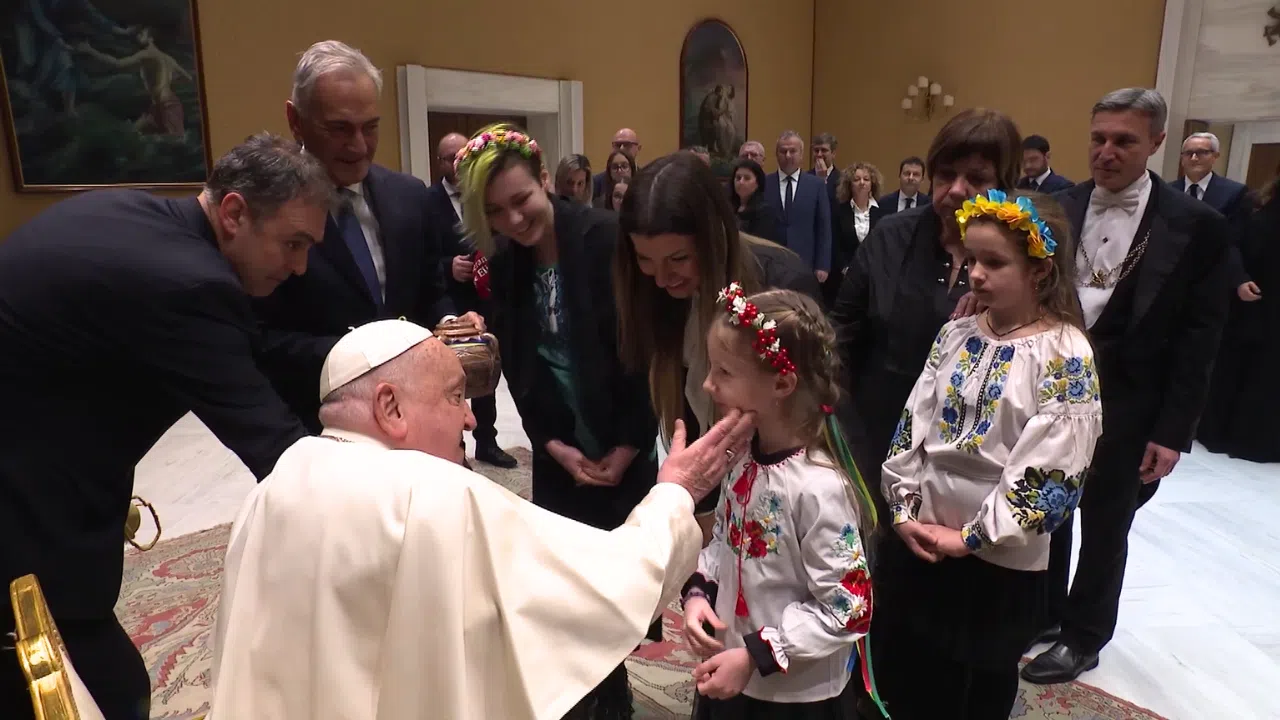With migration as a hot topic button throughout the United States, one bishop in particular sees his work with Spanish-speaking migrants as a joy to his ministry.
Bishop Louis Kihneman III of Biloxi, Mississippi, says his diocese has seven Spanish-speaking groups.
MSGR. LOUIS KIHNEMAN III
Bishop of Biloxi, Mississippi
“Given there's many of them that are undocumented right now, we're in that kind of situation where they're not too sure who to trust. So they can come to church and trust the Church, and it's good to be able to be there for them.”
His ministry started in Mexico, then he was assigned to Corpus Christi, Texas. The bishop spent time working on both sides of the border as a young priest in the 70s, something he says is impossible to do nowadays.
MSGR. LOUIS KIHNEMAN III
Bishop of Biloxi, Mississippi
“That's why I'm praying we as a country can figure out a way to make this work for these people because they're very hard working, they really do want to make a life for their families and the children are at a point where they don't really speak a lot of Spanish anymore. They're Americanized. So they they would be lost if they had to go back to Mexico or to whatever country in Central America they're from.”
The bishop still travels to Mexico to do first communion, confirmations, dedicate churches and much more. But he says there is still so much to do on the U.S. side too.
MSGR. LOUIS KIHNEMAN III
Bishop of Biloxi, Mississippi
“One of the parishes was hit by the latest raid that were done by the government looking for undocumented people. So some of those people have been deported and it's mothers and fathers of families. So we've had to step in. We need to step in and have stepped in with the families to help pay rent, and to help provide food because they were the breadwinner, and they got deported. The kids are in a circumstance where they're US citizens, but the parents are illegal.”
Besides support offered by the parish and local community, Bishop Kihneman says he is continuing to pray and work for a solution for the undocumented situation that so many Hispanic Latinos are enduring.
Melissa Butz
